All engines require coolant to stop them from overheating. This is especially true of the summer months when the bonnet of the car is already hot due to the ambient temperature, but due to the combustion process the engine is also likely to get hot even during the coldest period of the year. To make sure there is sufficient coolant in your engine you should check your levels regularly – as a rule of thumb you should check it at least every 3,000 miles, although you should check your owner’s manual, which should advise on the frequency of your checks.
The process of checking your engine coolant is very simple. It requires the following steps:
1.) Open the bonnet of the car and locate the radiator, which is usually located at the front of the engine. This should have a clear plastic tank next to it which is used to house the engine’s coolant.
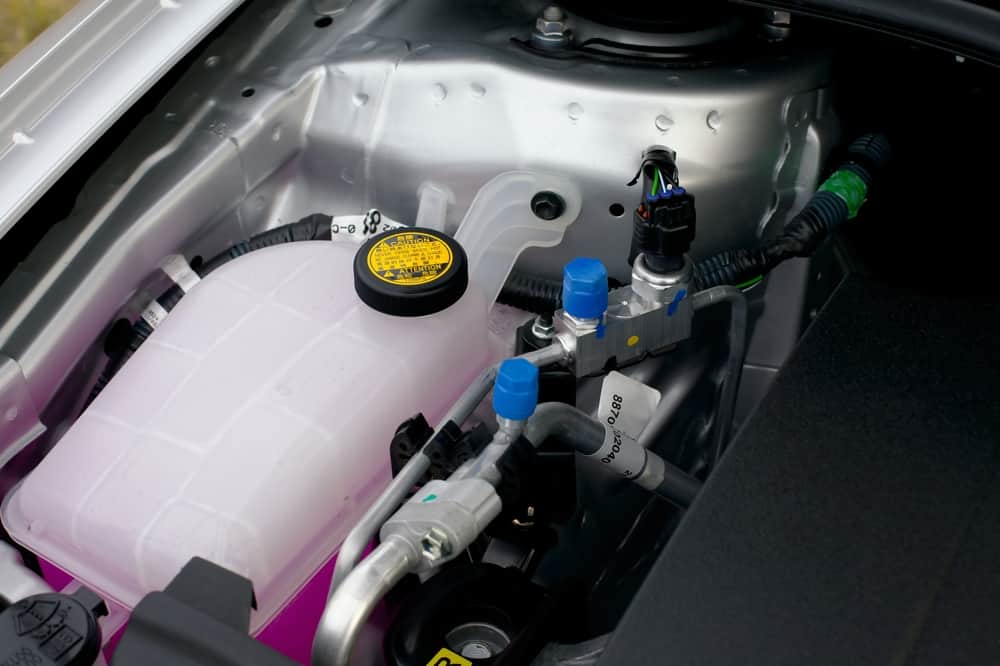
Engine Coolant
2.) There should be some marks on the outside of the tank that indicate the correct levels for the coolant. Check that the coolant is above the fill mark.
3.) If the level of the coolant is too low then gently unscrew the cap on the coolant tank and then refill it with coolant. It is important never to add coolant directly to the radiator, especially when it is hot – always add coolant to the reservoir.

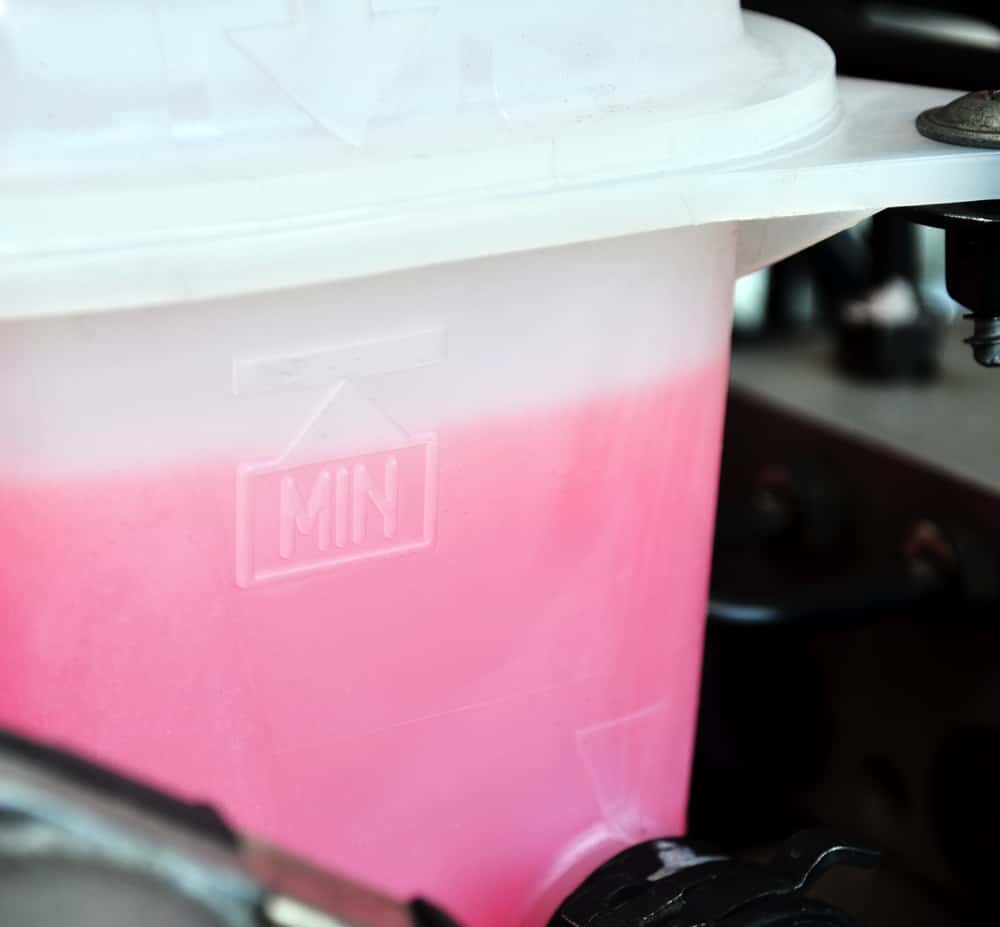
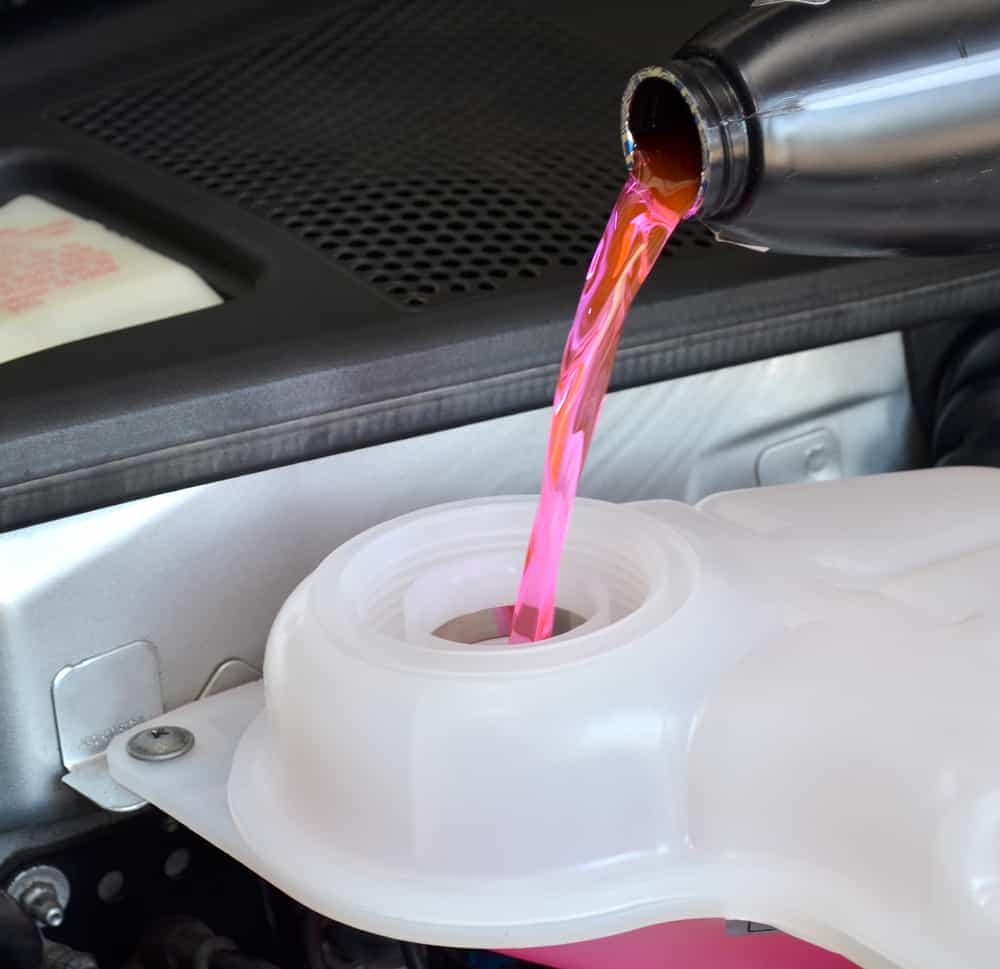
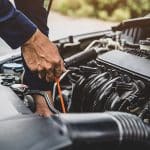
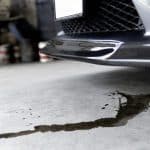


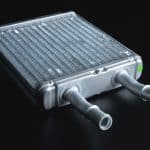

.png)